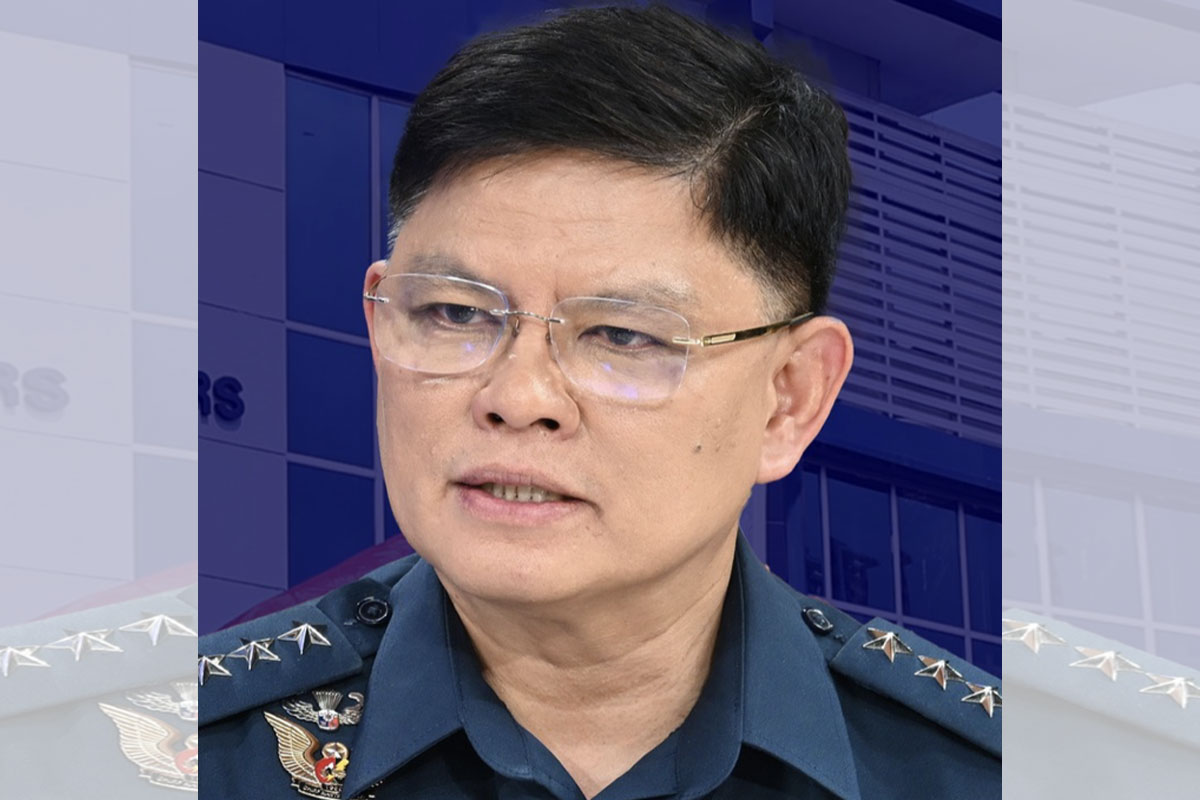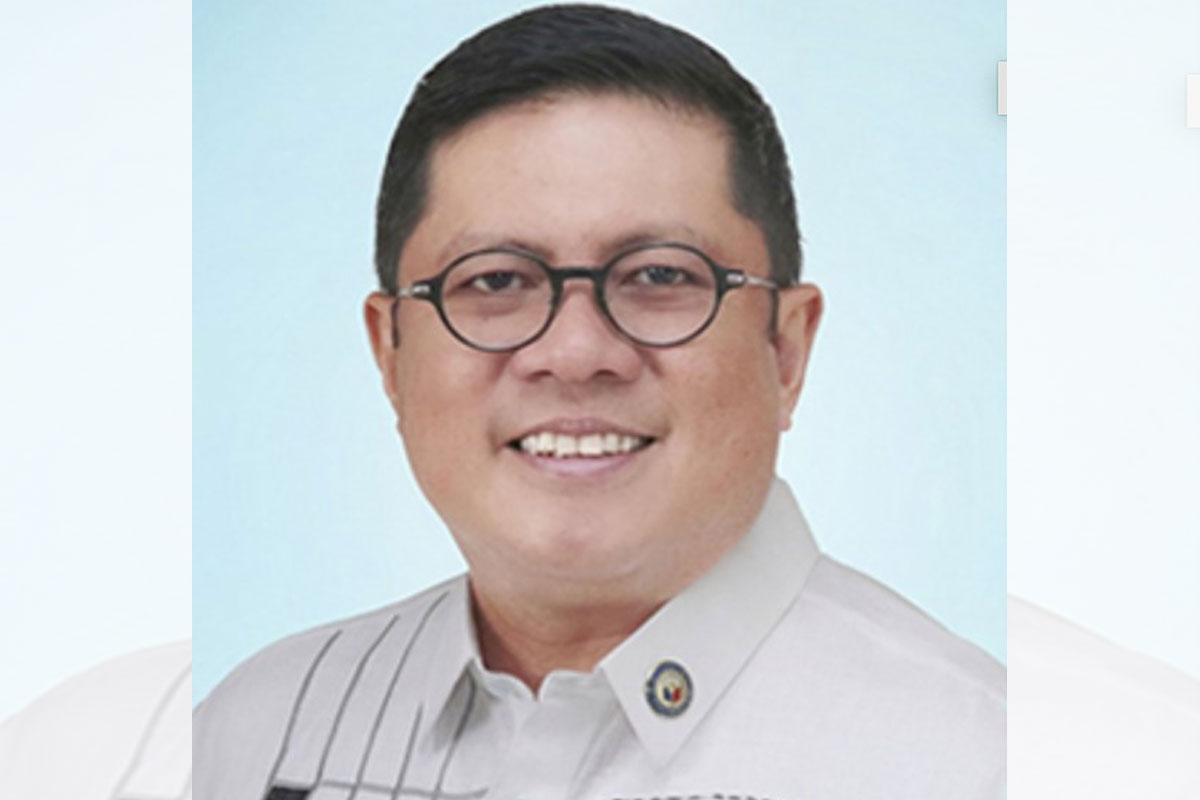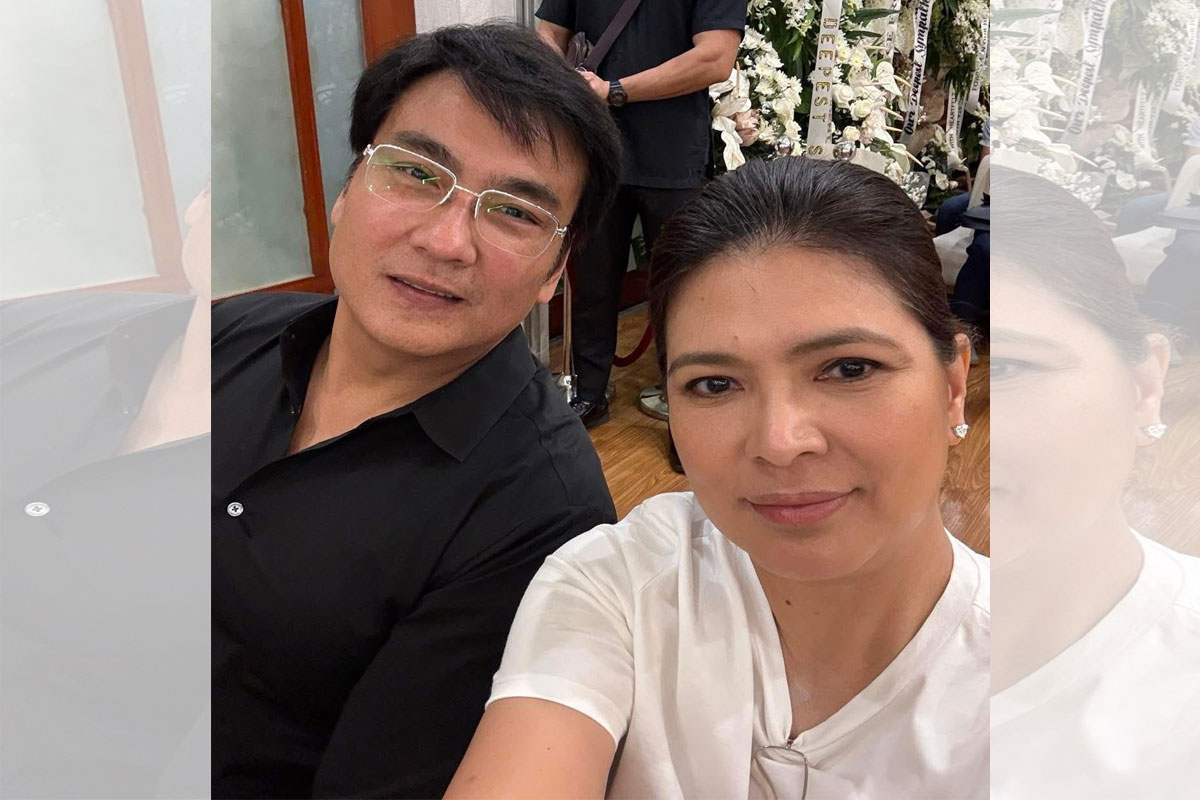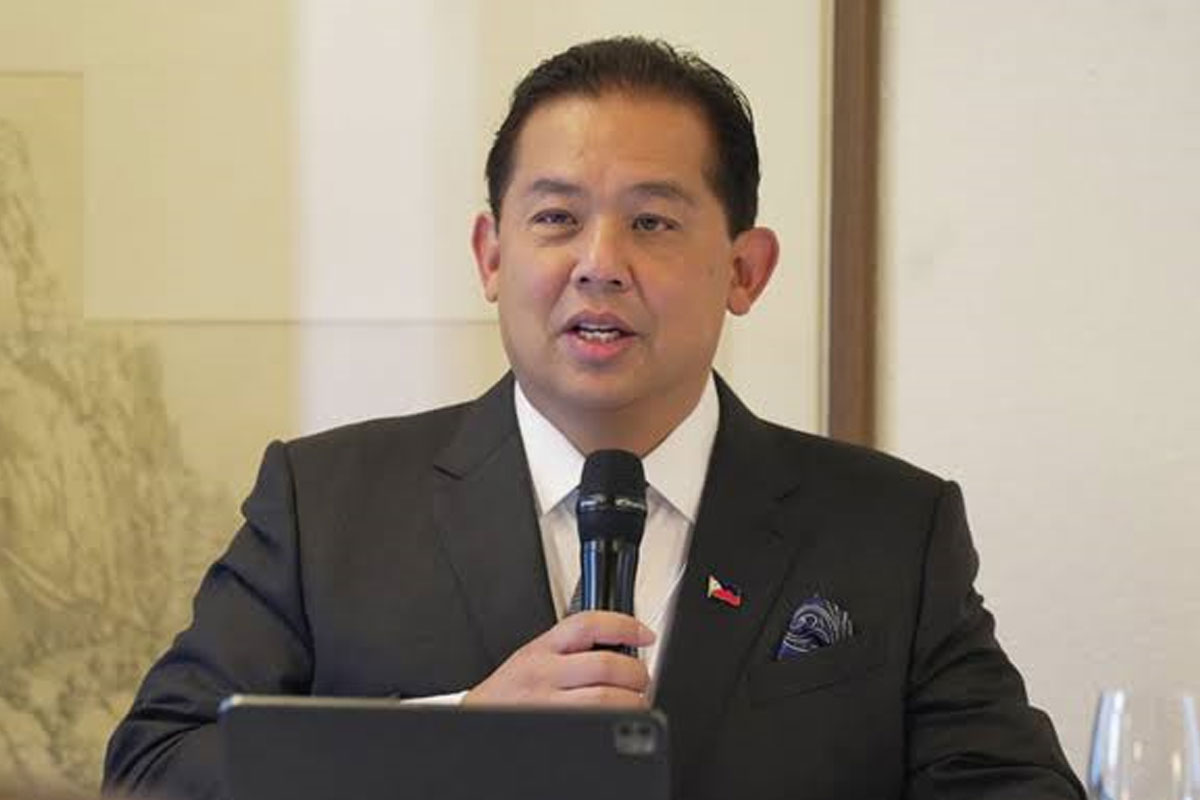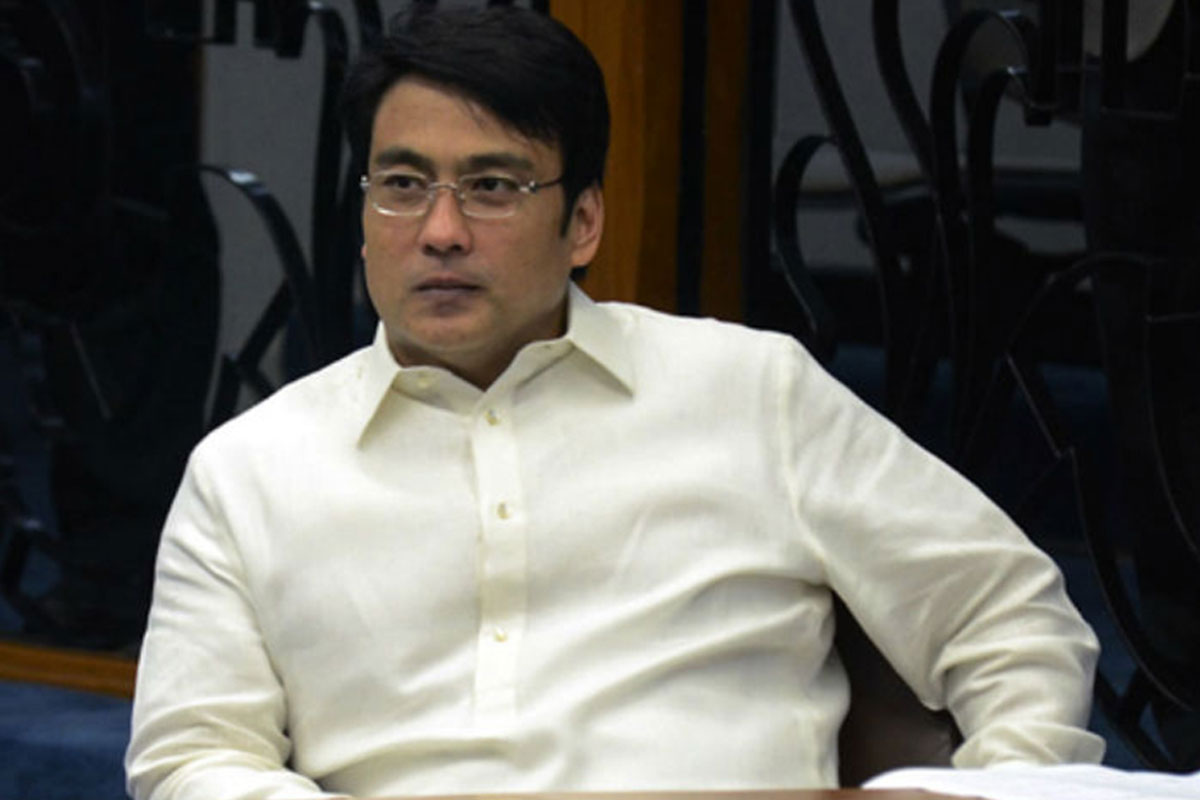
SINO ‘MOLE’
A MAKATI City court on Tuesday gave the Philippine National Police the green light to examine all the software data recovered from a Chinese national accused of hacking information from vital Philippine installations and foreign embassies like that of the United States and Japan, the Journal Group learned yesterday.
Judge Andres B. Soriano of the Makati City Regional Trial Court Branch148 issued the Warrant to Disclose Computer Data or WCCD pursuant to Section 15 of Republic Act 10175 or the Cybercrime Prevention Act of 2012 and Section 6 of A.M. No. 17-11-03 or the Rule on Cybercrime Warrants issued by the Supreme Court in July 2018 to the PNP Criminal Investigation and Detection Group-National Capital Region Field Unit.
The judge authorized officers from the PNP Anti-Cybercrime Group to conduct a forensic digital examination on the digital, electronic and other storage devices recovered from the control and possession of the 32-year old Yuhang Liu, a resident of A705 Marina Seaview Residence Project in Parañaque City.
He also directed the CIDG-NCRFU to retain and utilize the seized and examined computer data, including the result of the onsite and offsite computer forensic examinations in the investigation and the subsequent filing of cases for violation of RA 10175 specifically ‘illegal interception’ under its Section 4(a) against the accused and his cohorts.
Upon full examination of the recovered digital evidence, the judge said they should be placed under the court’s custody under the terms prescribed in the Rule of Cybercrime Warrants.
Judge Soriano issued the WCCD after personally examining under oath an officer of the CIDG-NCRFU and his witness-a licensed government Electronics Engineer and saying he found ‘probable cause to believe that ‘illegal interception’ under RA 10175 have been committed, are being committed or about to be committed’ by the accused.
The judge decision effectively authorized trained examiners of the PNP-ACG to conduct digital forensic examination of the content of the digital devices seized from Liu.
The Journal Group earlier reported that a ‘landmark spying case’ in the country involving Chinese agents is shaping up as the PNP and Armed Forces officials continued to wait for a court order to examine digital wares recovered from the Chinese national in Pasay City last May 29.
The yielded several hi-tech equipment believed being used in ‘spying,’ collecting confidential documents and other communication and developing networks, a top security official involved in the ongoing investigation told the Journal Group.
He particularly cited the possibility that Liu may be among the ‘civilian and military components’ of the Chinese government in gathering intelligence information in The Philippines.
The accused who is already being assisted by a Filipino lawyer has refused to answer questions from PNP and AFP investigators who also suspect that he may have previously worked in a POGO company in the country to conceal his identity.
The suspect who is now being held in a PNP Criminal Investigation and Detection Group’s lock-up facility in Camp Crame yielded a cellular interceptor device which is capable of intercepting IMSI or International Mobile Subscriber Identity Data and IMEI or International Mobile Equipment Identity Data when arrested.
“The recovered equipment indicates the potential for fraudulent activities, phishing schemes, and other nefarious uses of the intercepted data which posed significant threats to individual privacy and national security,” said a PNP-CIDG report.
Officers from the PNP Intelligence group, the Military Intelligence Group and the National Intelligence Coordinating Agency have sought the assistance of their foreign counterparts in investigating the suspect for his effort to steal information that may be used in cyber-attacks and propaganda to weaken the government.
Apart from the cellular interceptor device, also recovered from the possession of the accused were several mobile phones and laptop computers.
Using the hi-tech gadgets, the accused is believed to have collected ‘rich source of information’ including mobile phone numbers and cellphone conversations and text messages of his targets, among them high-ranking military officials.


